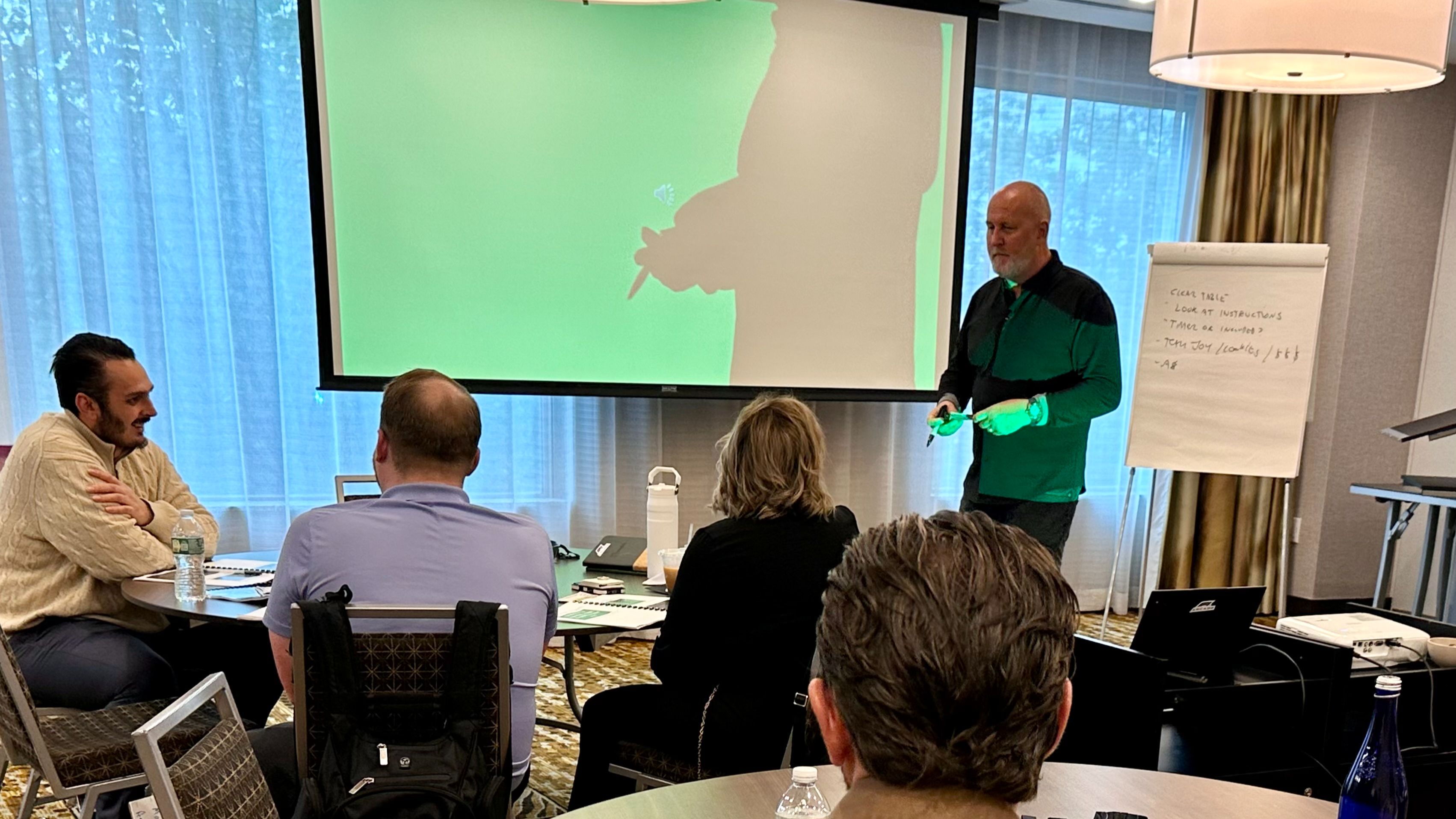Explain...Don't Complain, Create Brainstorms not Blame-Storms
May 16, 2025
"Early in my career, I realized that complaining kept people stuck, while explaining helped them grow."
One defining moment was when I struggled with guest service in a high-pressure environment. Instead of blaming external factors, I started asking better questions.
Why was the issue happening?
What could I do differently?
By shifting my mindset, I found solutions that made our team stronger, more resilient, and more proactive.
That lesson shaped a vital part of my leadership philosophy—and now, I encourage others to make the same shift.
This Leadership Shift has the power to Change Many Things.
Most people don’t take the time to explain—they react, vent, and move on. Our team was now coming to "brainstorm, not blame-storm".
"A pitch session, not a ditch session."
But the Great Leaders who "do explain":
- Create Lasting Impact
- Drive Innovation
- Improve Operational Systems
An important part of my Most People Don’t philosophy is rooted in this simple idea:
Small shifts in mindset lead to extraordinary results.
A Real-Life Example: The Hotel Check-In Dilemma
One of my luxury hospitality executive colleagues once shared a common frustration among Hotel Guests and Hospitality Leadership, long check-in lines leading to unhappy guests and overwhelmed employees.
Initially, their team complained about outdated systems and impatient customers.
History kept repeating itself, without producing the desired improvements and results.
What's the point? How long does a situation need to perpetuate before someone listens & initiates the best corrective action to eliminate the problem. The team was getting frustrated.
Don't we all expect a great Leader to have this ability? To improve situations by including others.
Some do, of course, but "Most People Don't".
Here's what happened:
To help resolve the issue and calm everyone down, I encouraged explaining instead of complaining.
The Leader took action...they asked the right questions to the right people.
- What makes the wait feel longer?
- How can we reduce perceived wait time?
- What small adjustments could improve the experience?
This shift led to what I call, micro-adjustments.
The leader then initiated the following solutions, which worked immediately.
- Mobile check-in options
- Concierge greetings
- Complimentary drinks served while waiting in line
- Discussions with guests about their travel and how the hotel staff could assist while waiting
- Better front-desk communication
The result?
Fewer complaints, improved systems, and happier guests.
There is data behind this, and it is a great idea to pay attention to this information.
A McKinsey study found that only 30% of organizational transformation efforts succeed.
Why?
Because most companies react instead of proactively explaining and adapting.
Forbes highlights that employees who feel connected to their organization’s culture are four times more likely to be engaged.
Yet, "Most People Don't"
The Leaders that fail to foster this connection—often struggle to get the results they are striving for.
How to Inspire the Difference
Ask the Right Questions – Shift from frustration to curiosity.
Lead Conversations with Solutions, not Delusions. Progress, don't protest. Elevate, don't agitate. Action, not distraction. Momentum, not resentment.
Frame concerns in a way that drives change.
Top 3 Lessons from this message:
1. Shift From Complaining to Explaining Unlocks Growth
Complaining keeps teams stuck in frustration. But explaining—through curiosity and problem-solving—leads to clarity, progress, and resilience. Great leaders ask why, not why me.
2. Micro-Adjustments Create Macro Impact
Small mindset shifts—like greeting guests or asking better questions—can drive massive improvements in service, culture, and systems. Most people don’t look for tweaks—they wait for overhauls.
3. Leaders Must Spark Solutions, Not Blame
The best teams “brainstorm, not blame-storm.”
Leaders who frame challenges as opportunities (rather than complaints) inspire innovation, improve morale, and outperform reactive organizations.
Encourage a Culture of Feedback – Make "explaining, not complaining" a welcomed leadership standard.
Most People Don’t—but YOU can.
🔹 Every week I have conversations with successful leaders that share powerful stories, practical insights, and motivational lessons to help you be better, feel better, do better, and enjoy a more meaningful and impactful life.
You can find our podcast on all major platforms like Apple, Spotify, and my website, mostpeopledont.com.
Don't miss out on the chance to be inspired and empowered!

